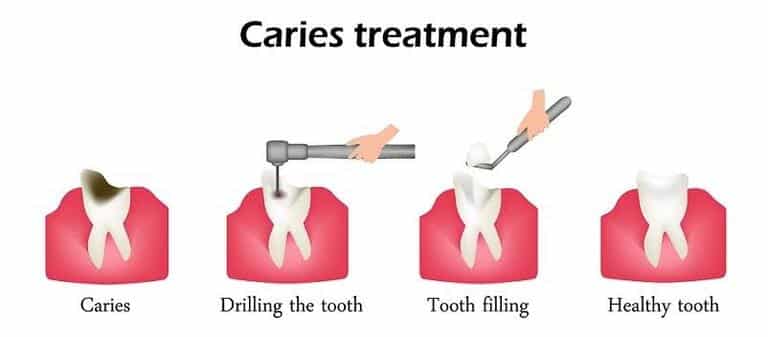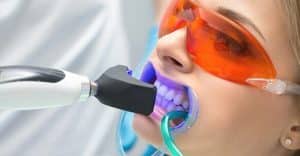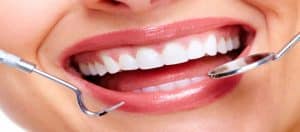Have you ever had to deal with a dental cavity? You are not alone. Many people plan to get a dental filling and wonder how much do fillings cost in Melbourne, Australia. It’s a natural concern, especially if it’s your first time. Let’s explore the factors influencing the cost of fillings in Australia and what you can expect when it comes to your dental budget. Keep reading to learn more about the basics and prices for dental fillings.
Cost Estimates for Dental Fillings in Melbourne, Australia
| Filling Type | Cost Range |
|---|---|
| Amalgam Fillings | $80 – $250 |
| Composite Resin Fillings | $150 – $450 |
| Gold and Porcelain Fillings | $800 – $2,500+ |
Tips for Managing Dental Filling Costs
- Dental Insurance: Explore dental insurance options to help offset the cost of fillings.
- Payment Plans: Flexible payment plans to make dental care more accessible.
- Preventive Care: Invest in regular check-ups and cleanings to avoid more extensive and costly dental procedures.
What Is a Tooth Filling?
Tooth fillings are essential for addressing cavities on the surface of teeth, preventing decay from spreading and potentially causing root damage. Various filling materials are available, impacting the cost of the treatment. However, the price for dental fillings is significantly lower than the potential expenses for complex treatments resulting from untreated cavities.Number of Tooth Surfaces That Need Filling
Cavities represent a prevalent global health issue. According to the latest Governmental Health Report on Oral Health and Dental Care, in Australia, individuals aged 15-34 have an average of 4.1 teeth affected by decay, missing, or fillings. This often leads to multiple cavities, and it’s even possible to have several cavities in one tooth. Consequently, the time required for a filling procedure, usually 15-20 minutes, increases with the number of problematic teeth—this additional time causes a higher front tooth filling cost in Australia.Type Of Tooth Filling
To determine the cost of a tooth filling, understanding the filling material is crucial as it directly impacts the price. Various filling materials are available, each influencing the overall cost. Our Dentist Port Melbourne dental team is here to guide you through these options, considering factors such as patient preference, budget, tooth location, repair extent, and potential allergies. If you are wondering about a dental filling cost in Melbourne, Australia, we can provide tailored information for your specific needs at our dental clinic.How Much Do Different Types of Fillings Cost?
Based on a 2020 Australian Dental Association (ADA) survey, the cost of tooth fillings in Australia can cost up to $275, while a more complex filling can reach up to $475. However, dental fillings come in various materials, each with its cost considerations.- Gold Fillings: Gold fillings are known for their exceptional durability, with a lifespan of at least 15 years. A gold filling ranges approximately from $300 to $1000 in Australia.
- Porcelain Fillings: Porcelain fillings are highly durable and aesthetically pleasing, making them popular. They can last a long time and generally cost between $145 to $395.
- Composite Fillings: Tooth-colored composite resin fillings are generally pricier, ranging from $130 to $450 per filling. Composite fillings are the most cost-effective option but come with a trade-off in durability. They are expected to last up to 5 years.
- Amalgam fillings: Amalgam fillings, often considered more affordable, can range from $80 to $250 per filling. It is a cost-effective dental option primarily made of metal. It is becoming less common and is considered outdated, much like gold fillings.
Factors Influencing the Cost of a Tooth Filling
The fillings teeth cost can vary depending on the following factors:- Location of Treatment: In major cities like Sydney and Melbourne, where the cost of living is higher, dental filling expenses are also elevated. Treatment plans may include procedures and additional check-ups, adding to the overall cost.
- The complexity of the Treatment: Filling a tooth in the back molar, known as a distal tooth, is more challenging and time-consuming. Similarly, fillings impacting lingual surfaces require additional effort and time, affecting the cost of the procedure.
- Number of Fillings Required: The cost increases accordingly if multiple fillings are needed (double, triple, etc.). Given the prevalence of cavities in Australia, a single tooth filling usually takes about 20 minutes, with additional time required for each extra filling.
- Type of Filling Material: Dental fillings can be made from various materials, each with its own cost implications. Common options include amalgam (silver fillings), composite resin (tooth-colored fillings), gold, and porcelain. The type of material you choose will affect the overall cost of the filling.
- Size and Complexity of the Cavity: The size and complexity of the dental cavity being filled play a significant role in determining the cost. Larger or more intricate cavities may require more extensive work and materials, leading to higher costs.
- Health Insurance Coverage: Dental insurance can play a significant role in covering the cost of dental fillings. The extent of coverage and the specific terms of your insurance plan will impact the out-of-pocket expenses you incur.
How Many Fillings Will a Dentist Do at a Time?
Individuals frequently inquire about the possibility of having multiple tooth fillings done in a single dental session. From a technical viewpoint, there is no specific cap on the number of fillings that can be administered simultaneously. However, dental professionals do not recommend having more than three fillings in a single appointment. This precaution is rooted in the need for the mouth to heal following the dental filling procedure, ensuring optimal recovery and oral health.Are Fillings Painful?
Were you concerned about getting a filling? Dentists offer sleep dentistry and sedation options for all treatments, making dental care stress-free for even the most anxious patients. It’s important to note that using sedation increases tooth filling costs. Various sedation options are as follows:- Twilight sedation: Administered via IV drip, inducing a peaceful, sleep-like state.
- Liquid oral sedation: Taken orally one hour before your treatment, promoting deep relaxation and drowsiness.
- Inhaler sedation: A ‘green whistle’ inhaled for rapid pain relief and sedation, commonly seen on Bondi Rescue or ambulance shows.












